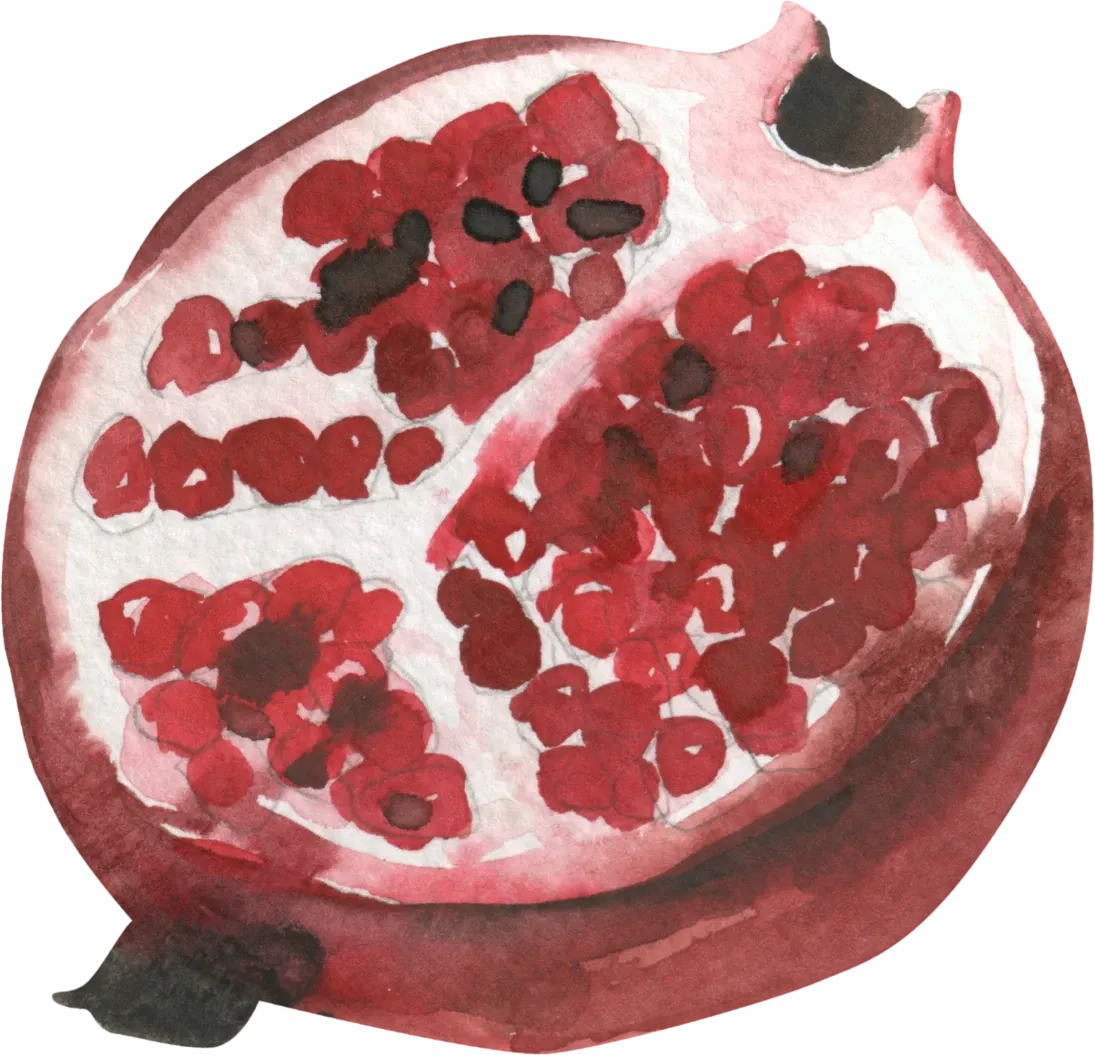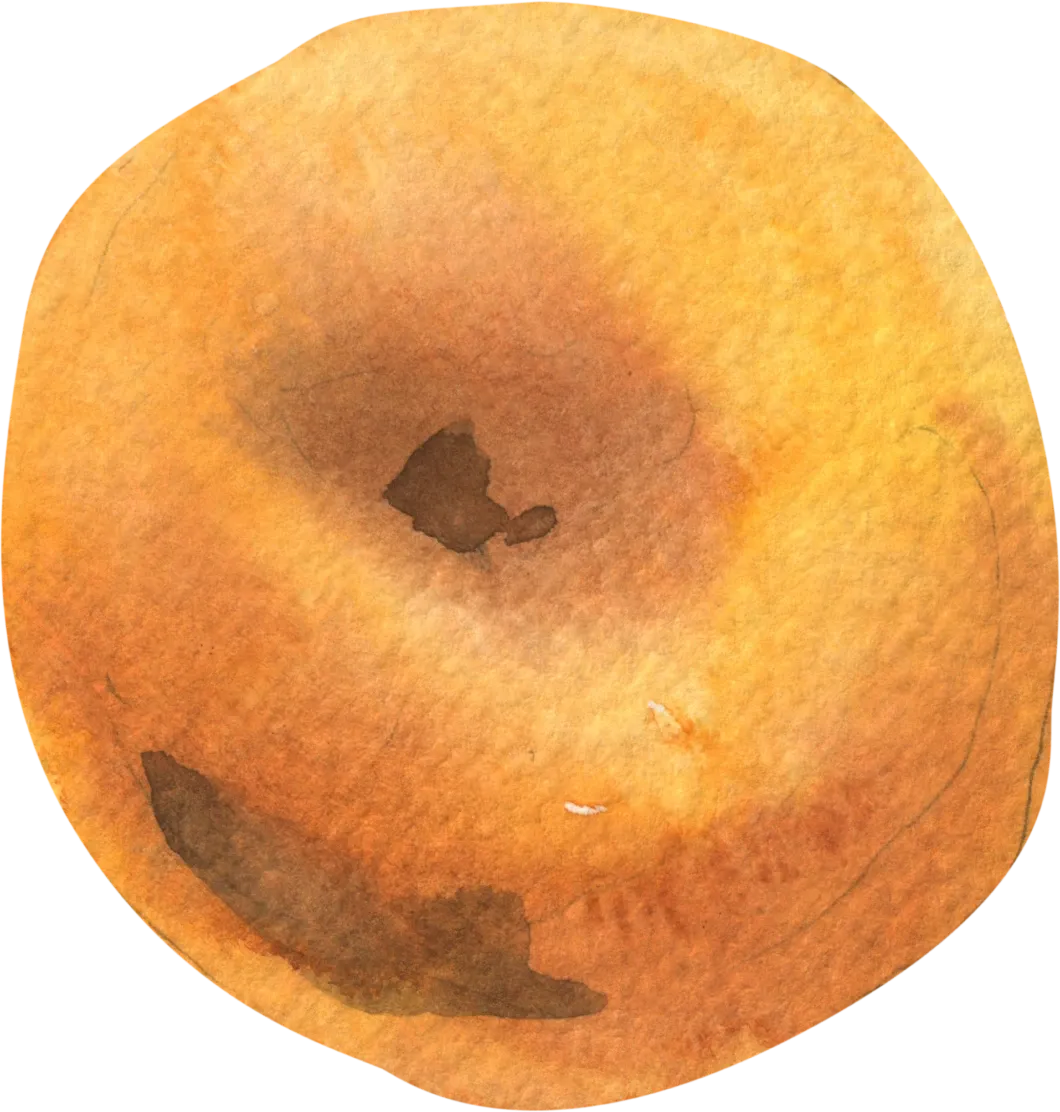The Health Benefits of Pomegranate: A Nutrient-Dense Superfruit
Introduction
Pomegranate, known for its jewel-like seeds and vibrant red color, is a fruit that has been celebrated for centuries for its health benefits and deliciously tart flavor. Whether enjoyed fresh, juiced, or added to salads, pomegranates are packed with vitamins, minerals, and powerful antioxidants. This superfruit not only adds flavor to dishes but also offers a wide range of health benefits.
Health Benefits of Pomegranate
- Rich in Antioxidants
Pomegranates are packed with antioxidants, particularly polyphenols such as punicalagins and anthocyanins, which help neutralize free radicals in the body. These antioxidants reduce inflammation, support cell repair, and may lower the risk of chronic diseases, including heart disease and certain cancers.
- Supports Heart Health
The antioxidants and potassium found in pomegranates contribute to heart health by helping to reduce cholesterol levels, lower blood pressure, and improve blood flow. Regular consumption of pomegranate juice or seeds can support overall cardiovascular function and reduce the risk of heart disease.
- Promotes Healthy Skin
Pomegranate is rich in vitamin C, a key nutrient for skin health. Vitamin C promotes collagen production, helping to maintain skin elasticity and reduce the signs of aging. The antioxidants in pomegranate also help protect the skin from damage caused by UV exposure and environmental stressors.
- Boosts Digestive Health
The dietary fiber in pomegranate seeds supports digestive health by promoting regular bowel movements and feeding beneficial gut bacteria. Fiber-rich foods like pomegranate can help prevent constipation and support a healthy digestive system.
- May Reduce Inflammation
The anti-inflammatory properties of pomegranate have been shown to reduce inflammation in the body, which is beneficial for individuals with conditions like arthritis. Pomegranate’s antioxidants help alleviate oxidative stress and inflammation in tissues and joints.
Creative Ways to Enjoy Pomegranate
Pomegranate’s sweet-tart flavor makes it a versatile ingredient in both sweet and savory dishes:
- In Salads: Sprinkle pomegranate seeds over salads for a burst of flavor and a colorful garnish that complements greens, nuts, and cheeses.
- In Smoothies: Blend pomegranate seeds or juice into smoothies for a refreshing, nutrient-packed drink.
- In Desserts: Use pomegranate seeds in desserts like yogurt parfaits, cakes, or sorbets for a naturally sweet and tart touch.
- In Sauces: Reduce pomegranate juice to create a tangy sauce or glaze for meats like chicken, lamb, or fish.
- As a Snack: Enjoy fresh pomegranate seeds on their own as a sweet and healthy snack.
Conclusion
Pomegranate is more than just a delicious fruit—it’s a nutrient-dense superfood packed with antioxidants, vitamins, and fiber that offer a variety of health benefits. From supporting heart health and digestion to promoting healthy skin and reducing inflammation, pomegranate is a versatile and nutritious addition to any diet. Whether enjoyed fresh, in juices, or as a garnish, pomegranates bring flavor, color, and health to your meals.
FAQs About Pomegranate
- Is pomegranate good for weight loss?
Yes, pomegranate is low in calories and high in fiber, making it a filling and nutritious option for those looking to manage their weight.
- How should I store pomegranates?
Store whole pomegranates at room temperature for up to a week or in the refrigerator for up to two weeks. Once opened, the seeds can be refrigerated in an airtight container for several days.
- Does pomegranate lose nutrients when juiced?
Pomegranate juice retains many of the fruit’s antioxidants, but juicing removes much of the dietary fiber. Eating the seeds whole provides the full range of health benefits, including fiber.
- Is pomegranate AIP diet compliant?
Yes, pomegranate is compliant with the AIP diet and can be safely consumed by individuals following the autoimmune protocol.
- Is pomegranate Low-FODMAP?
Pomegranate seeds are Low-FODMAP when consumed in small portions (around 45g), but larger portions may contain moderate levels of FODMAPs.
- Is pomegranate Low Histamine?
Pomegranate is generally considered low in histamine and is well-tolerated by individuals with histamine intolerance.
- Is pomegranate Keto-friendly?
Pomegranate contains natural sugars, so it should be consumed in moderation on a keto diet. Small portions of seeds or a splash of juice can fit into a low-carb plan.
Recipes
Check out our meal planning service by following these recipes:









